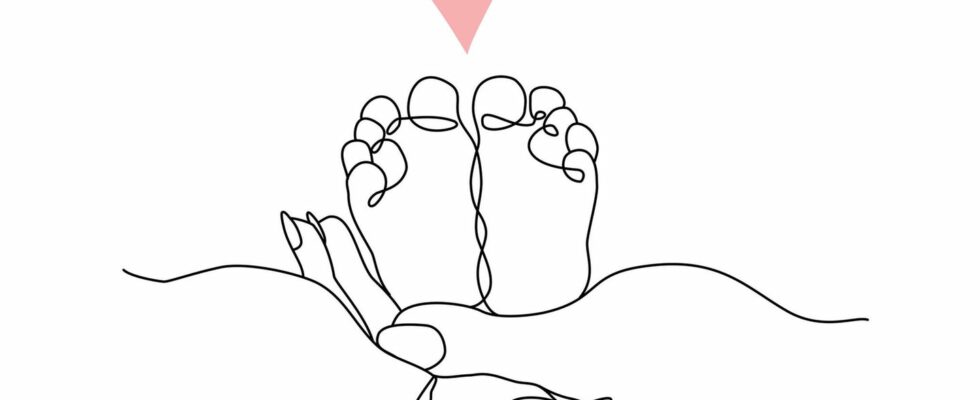study
How a child affects your emotional world
Children in everyday life create positive feelings, but also mean stress for the parents – especially when there is a lack of cushioning in everyday family and professional life.
© olgahalizeva / Adobe Stock
People with children are happier – right? A current long-term study investigated this question and came to an exciting conclusion.
Happiness comes with the child – a widespread notion in society. In this context, there is often talk of “happiness as a child” and the “true meaning of life”, but is it scientifically verifiable that parenthood is synonymous with happiness and joy? How do children affect the emotional state of parents? Many studies have already dealt with this topic – and come to exciting results that contradict the social consensus in parts.
The baby’s happiness fizzles out
Psychologists Eva Hasselmann from the Health and Medical University in Potsdam and Jule Specht from Humboldt University met in a study took a closer look at the influence children have on the happiness and satisfaction of their parents. They used data from more than 5,000 German parents from a long-term study to answer the question: To what extent have feelings of happiness, sadness, fear and anger changed in the five years before and after the birth of the first child?
The result: In the years before having their first child, the people surveyed were significantly happier and more satisfied – they feel the peak of happiness in the year after the birth. “Then fizzle out [die Glücksgefühle] But again,” says a press release on the study results. Five years after the birth, the feeling of happiness is comparable to that of five years before the birth. The tendency to get angry, on the other hand, increases continuously in the five years after the birth.
Whether children have an impact on happiness depends on many factors
It’s far from the only study examining happiness — or lack of it — in parenting. The question of whether parents or childless adults tend to be happier is also described as a “perennial issue in social science literature”. Strikingly, many studies rely on results from the United States, whose parents appear statistically to be among the less fortunate, especially when compared to countries like Britain.
In a studywhich compares 22 countries, a possible connection is worked out by also examining how public support differs in the respective countries (paid parental leave, maternity leave, vacation and sick days, flexibility in the workplace, etc.). Because a big factor in the relationship between happiness and parenthood is the job and any conflicts that can arise from it.
“There’s nothing about parenting that makes people less happy — and nothing about it that makes them happier.”
Indirectly related to this is another factor that contributes a great deal to happiness and unhappiness (not only) for many families: dear money. At least one other person comes to this conclusion studyfor which one million European parents were surveyed over a period of ten years. It revealed that many respondents were unhappier after the birth than before – which, according to the researchers, has its reason in finance, after all, the expenses for children are enormously high.
According to the Federal Statistical Office, in 2021 couples spent an average of 763 euros per month for a child – an amount that you literally have to be able to afford first. For example, it may be necessary for some parents to work several jobs at the same time or to do their main job full-time, which in turn damages the work-life balance and can have a negative impact on life satisfaction.
“There is nothing about parenting that makes people less happy — nor is there anything about parenting that makes them happier,” says Professor Nicholas H. Wolfinger in an article for the Institute for Family Studies. He adds that most parents would certainly see things differently. Studies on this take a more differentiated view: Children in everyday life create positive feelings, but also mean stress for the parents – especially if there is a lack of cushioning in everyday family and professional life, which can be the case depending on the country. Last but not least, the money factor plays a particularly important role in happiness – and not just for parents.
Sources used: idw-online.de, psycnet.apa.org, ifstudies.org, tz.de, nber.org, ncbi.nlm.nih.gov
